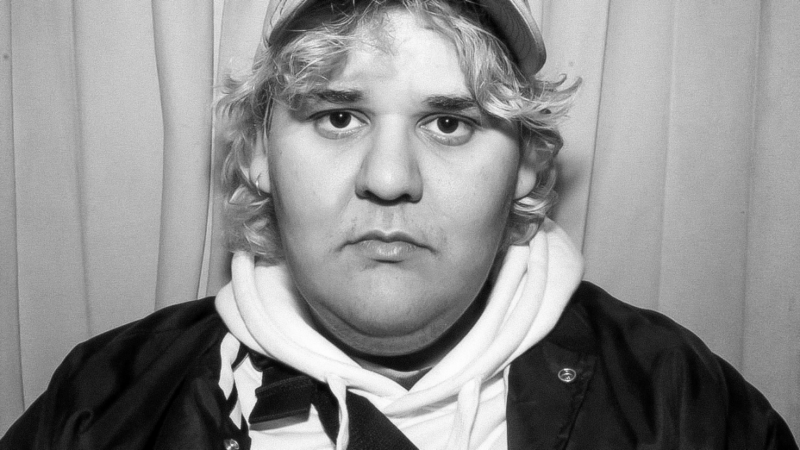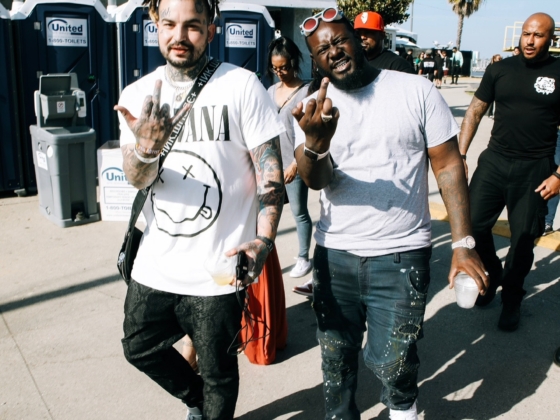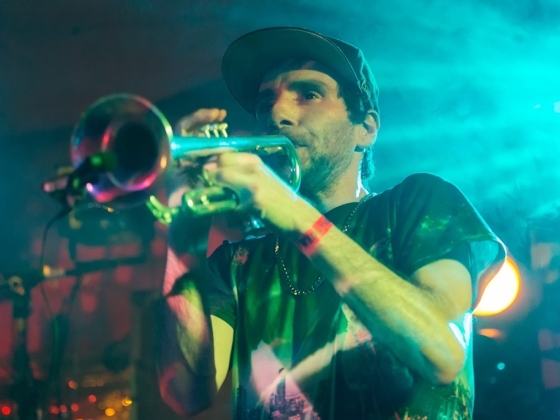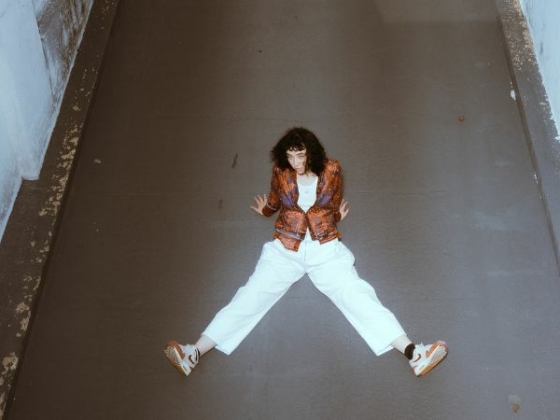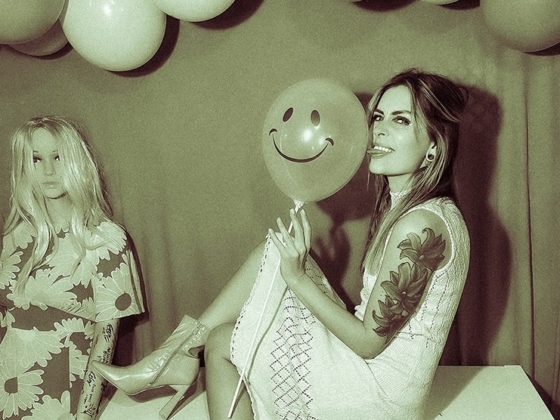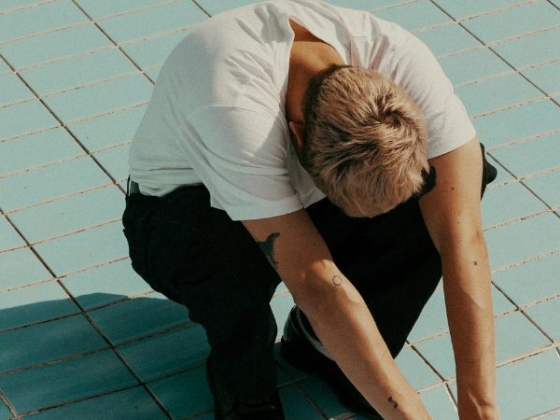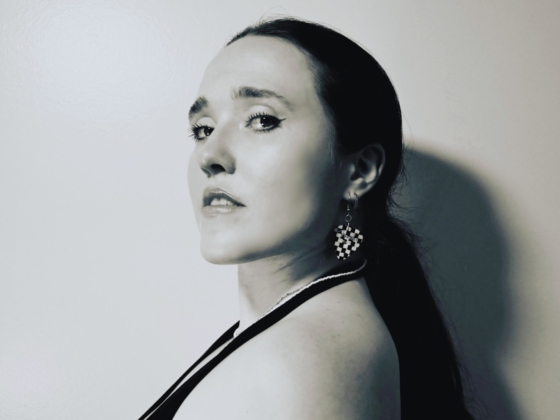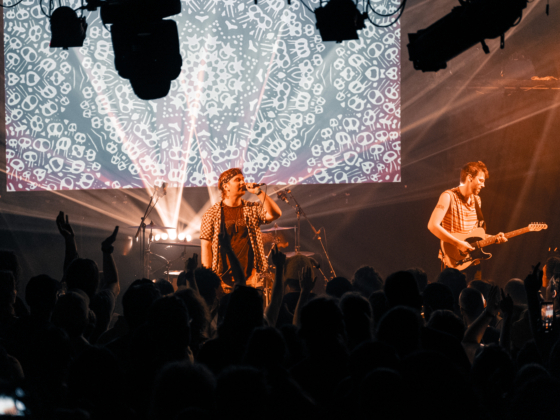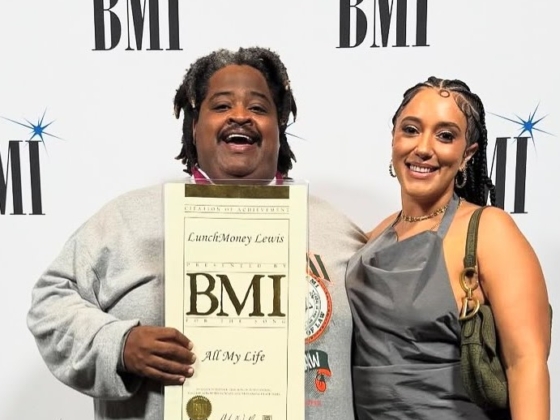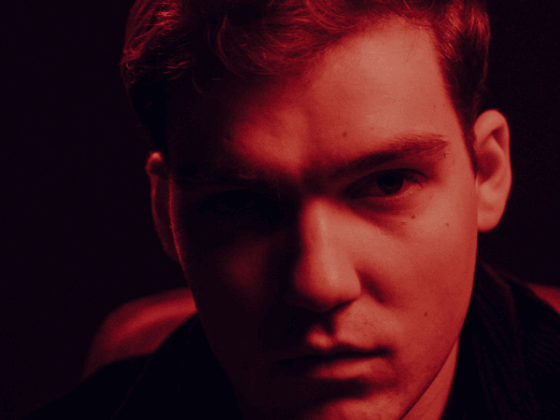Quebec may be known for its stunning landscapes, vibrant culture, and rich history, but its people’s fierce independence and deep appreciation for the arts are what truly define the province.
Within this artistic landscape, Quebec City’s own Safia Nolin has emerged as a beloved figure in the music community over the past decade. Known for singing from the heart, Nolin has captivated audiences with her melancholic songs, often accompanied by her guitar.
As a folk-pop singer-songwriter, Nolin’s explored performing covers, including "Misery Business" by Paramore, in English. However, she is best known for writing and performing her own songs in Canadian French.
Throughout our interview at this year’s 22nd Festival de Musique Émergente (FME), Nolin kept it real by sharing her experiences in the Quebec music industry, her appreciation for the DIY approach to making music, and what’s next for her in terms of new music.
How has your journey from winning Francouvertes in 2015 to becoming a beloved voice in Quebec music influenced your music, and what continues to inspire you as you evolve?
When I first entered the Quebec music industry, I was young and inexperienced, amazed by everything around me.
As I grew older, I faced real-life challenges, including disappointments, criticism, and uncertainty about how others viewed me. This significantly influenced my music, but in a positive way. I began questioning why I was going along with conventional rules in both music and how I presented myself.
Although it initially made me super self-conscious, it eventually led me to consider using my platform to explore a wider range of topics. Ultimately, I asked myself, “Why not?”
I'm naturally a big DIY fan, and my love for it stems from not always having a lot of resources to make music.
A huge inspiration for me is The Blair Witch Project. I’m a fan of scary movies, and the story behind that film is incredible. They made a huge movie on a shoestring budget of about $20,000. The film’s creation involved renting cameras, going into the wilderness, and a lot of improvisation. They were paid very little, while the director and the franchise group made most of the money. Despite that, to me, the film’s success is a testament to creating something beautiful with limited resources. It aligns with my belief in making the most out of what you have and creating something extraordinary from almost nothing.
Do you have a preference for where and how you record your music?
I love being in the studio, but I also enjoy recording in unconventional settings.
Just last month, we recorded an album in the forest, capturing the natural sounds around us. While I appreciate the stripped-down, DIY approach, I also value high-quality recordings. In the past, I’ve used iPhones and four-track recorders, which gave a unique aesthetic, but lately, I’ve been focusing on achieving a clearer sound. There's something interesting about combining DIY elements with pristine recording.
While DIY often evokes a minimalist sound, I’m exploring how these two approaches can work together. My recent recordings have a clean, high-quality sound, and there’s beauty in both lo-fi and polished recordings. The choice depends on the message and the mood of the music.
You often address heavy topics like grief and heartbreak within your music. What motivates this approach, and how do you ensure the core emotions are still clear?
When I write songs, I sometimes feel like I'm being too cryptic, but it's not as complicated as I think. I guess I'm playing tricks on myself, creating what feels like a secret language.
While some parts of my lyrics might seem cryptic, the essence—like themes of grief, heartbreak, and relationships—is still understandable. It's a balance between being a bit obscure and making the core emotions clear. It's like serving tofu disguised as meat; you might not know it's tofu, but you get the flavor.
Your live performances are intimate, almost like you're sharing a secret with the audience. How do you approach your shows to create that kind of connection, and how important is that interaction to you as an artist?
Performing live can be challenging, especially when it comes to showing raw emotion. I remember the only time I really cried on stage was years ago, when I dedicated "My Heart Will Go On" to my cat who had just passed away. It was a deeply emotional moment. In my live performances, I aim to create an intimate connection with the audience, almost as if I'm sharing a secret with them.
As an artist, I don’t overthink my shows. I aim for a relaxed, genuine vibe, almost like hanging out with friends. I rarely perform for huge crowds, but I value the direct connection with people, even if it’s just through music.
My goal is to dive deep into emotions and keep things casual, like a chat with the audience. I don't plan what I’m going to say—just a simple “What’s up, guys?” feels right to me. I prefer the intimate setting, like being in a living room, which suits my genre's personal, emotional nature. It’s about creating something real and meaningful, even if it’s just two guitars and a voice in a room.
You’ve been vocal about important issues like LGBTQ+ rights and mental health. How do you plan to navigate the increasing challenges while continuing to address these topics through your art?
I find it difficult right now because things have become more aggressive. For example, in July, when I was in France during the elections, the first round was intense. I felt a shift, like we needed to brace ourselves for physical and mental attacks. It feels more dangerous now to me, but I still want to be involved.
So, I spend more time with queer communities to stay grounded and connected despite this lingering sense of doom that I feel. I think regardless of the art I make, I want to embody the sense that finding your people in this world is crucial to moving forward in light.
What’s your creative headspace like right now? Are there new stories, sounds, or collaborations that you’re excited to explore in your upcoming projects?
I just recorded an album set to release this fall. It's super folk, and I’m really excited about it. I’ve been trying to collaborate with others, but it hasn’t worked out, so I’m giving it another shot. I feel like I might not be aggressive enough with my approach. I don’t have a manager handling this, and I’m often reaching out on Instagram, but maybe I should try more.
I'm thrilled about the fact that the album was recorded outside, so you can really hear the forest in the background. We recorded all the guitars in a forest south of Montreal, near the border. I don’t remember the exact name of the forest, but it was an amazing location with plenty of trees, birds, and the cicadas were incredible.

